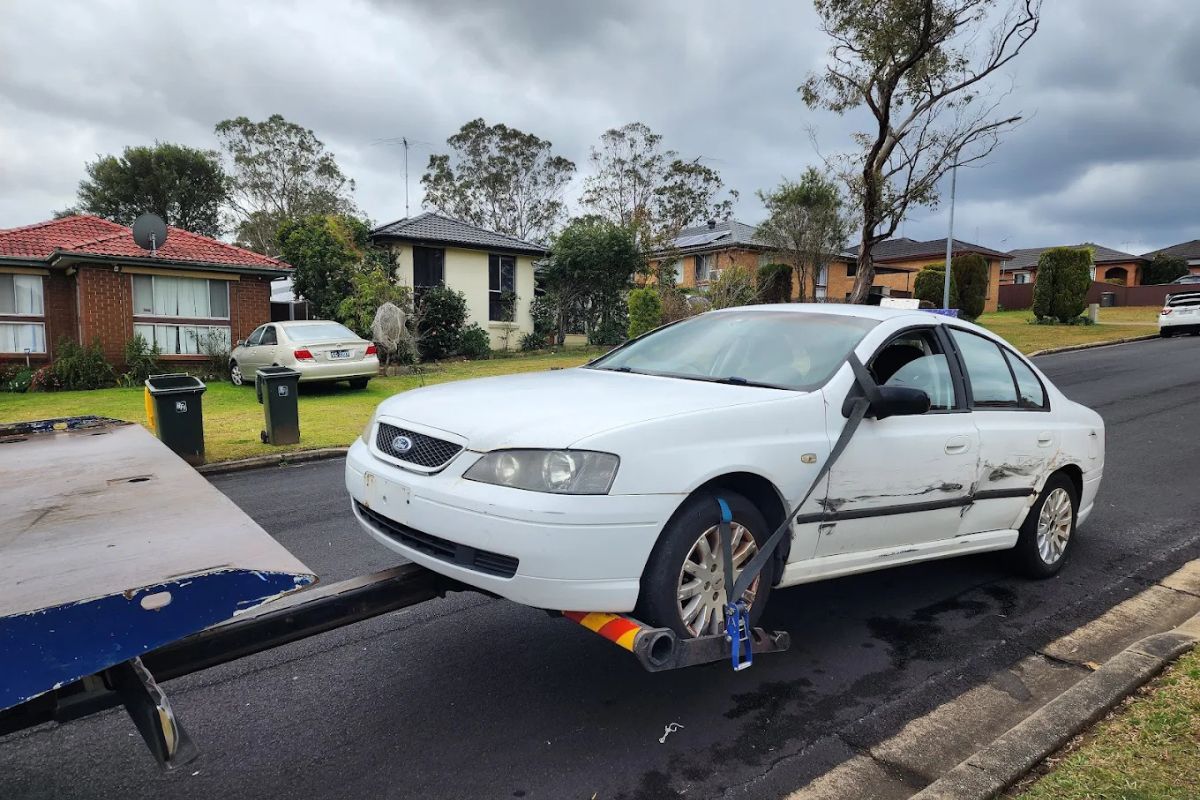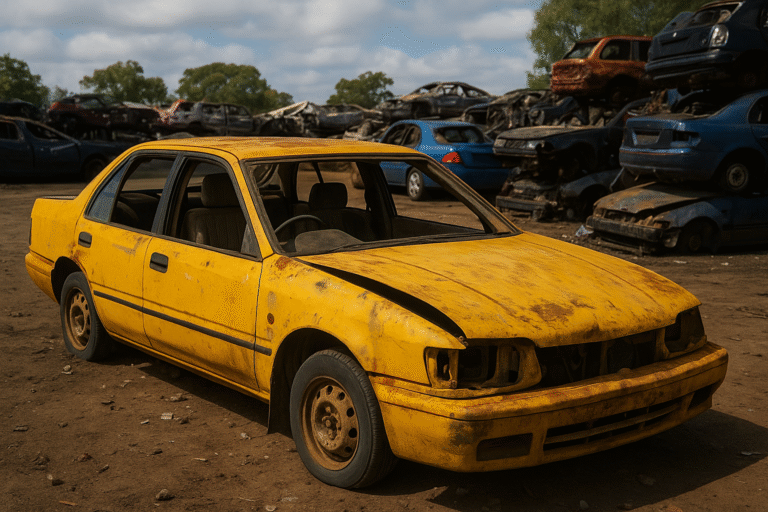
Understanding Check Engine Lights: What European Drivers Should Know
- Book My Author
- Business
- 2025-09-20 10:35:51
- 828K
Every European vehicle owner has experienced it at least once: you start your Mercedes, BMW, Audi, or Porsche, and suddenly the check engine light flicks on. That small amber light on the dashboard can trigger anxiety, confusion, and frustration. Should you keep driving? Does it mean a minor issue or a major repair? At Euro Garage, we’ve helped countless drivers across european car repair Leander, Cedar Park, Liberty Hill, and Georgetown navigate this exact situation. Let’s break down what the check engine light means, why it matters for European vehicles, and what you should do next.
What the Check Engine Light Really Means
The check engine light, often labeled “CEL” or “MIL” (malfunction indicator lamp), is part of your vehicle’s onboard diagnostic system. In European vehicles, this system is highly advanced, monitoring everything from emissions control to engine timing.
When the light comes on, your car’s computer has detected something out of range — whether it’s a small sensor fault or a larger mechanical issue. While it doesn’t always mean catastrophic damage, ignoring it can turn a manageable repair into an expensive one.
Common Reasons Your Check Engine Light Turns On
European vehicles are sophisticated, and their diagnostic systems are very precise. At Euro Garage, we see certain patterns with luxury brands. Here are the most common causes:
Loose or Faulty Gas Cap
Believe it or not, something as simple as a loose gas cap can trigger the light. This happens because the cap helps seal the fuel system and maintain pressure. If it’s not tight, vapors escape and the system logs an error.
Oxygen Sensor Failure
The O2 sensor monitors unburned oxygen in your exhaust. If it fails, your vehicle may burn more fuel than necessary and harm the catalytic converter over time.
Catalytic Converter Issues
A failing catalytic converter is a serious issue that directly impacts emissions and engine performance. European models, especially Mercedes-Benz and BMW, often show this warning when the converter is underperforming.
Faulty Spark Plugs or Ignition Coils
If your Audi or Porsche has trouble starting, runs rough, or misfires, the CEL may indicate spark plug or coil problems. These are critical for smooth combustion.
Mass Airflow Sensor Problems
The MAF sensor tracks the air entering the engine. If it’s dirty or malfunctioning, it can reduce performance and fuel economy while triggering the CEL.
What Makes European Cars Different?
German and European vehicles — from Mercedes-Benz to Volkswagen — are engineered with advanced diagnostics that demand specialized knowledge. Unlike generic service shops, our team at Euro Garage uses dealer-level diagnostic tools that accurately interpret the fault codes. This ensures we find the real cause rather than just replacing parts blindly.
For example, a BMW might throw a CEL for a fuel mixture issue, but the underlying cause could be anything from a vacuum leak to a sensor fault. Without proper tools and European expertise, it’s easy to misdiagnose.
What to Do When the Light Comes On
When your check engine light illuminates, your response should depend on its behavior:
Solid Light: Usually indicates a non-urgent issue. You can still drive, but schedule an inspection soon.
Flashing Light: This is serious. A flashing CEL usually means engine misfires, which can damage the catalytic converter. Pull over safely and call for service immediately.
No matter the scenario, it’s best not to ignore the light. Small issues snowball quickly in European cars because of their tightly integrated systems.
Can You Reset It Yourself?
Some drivers attempt to reset the check engine light with a code reader. While this may temporarily turn it off, it doesn’t fix the underlying problem. If the issue persists, the light will come back on. More importantly, ignoring the root cause can lead to bigger, costlier repairs down the road.
How Euro Garage Handles Check Engine Diagnostics
At Euro Garage, located at 10921 E Crystal Falls Pkwy, Building G-400 in Leander, we specialize in diagnosing and repairing European vehicles. With over 22 years of Mercedes-Benz hands-on training and knowledge, our expertise extends to BMW, Audi, Volkswagen, Porsche, Land Rover, and other European brands.
Here’s how we handle a check engine light service:
Full System Scan – We connect advanced diagnostic equipment to your vehicle’s onboard computer.
Code Interpretation – Our technicians interpret the fault codes specific to European models.
Root Cause Identification – We go beyond the code to test sensors, wiring, and mechanical parts.
Repair & Testing – Once the issue is repaired, we clear the codes and retest to ensure everything runs perfectly.
This approach ensures accuracy, efficiency, and peace of mind.
Preventing Check Engine Light Issues
While you can’t prevent every issue, proper European vehicle maintenance goes a long way toward avoiding check engine surprises. Here are some tips:
Stay current with oil changes using the correct European-spec oils.
Replace spark plugs and ignition coils at recommended intervals.
Keep your fuel system clean with quality gasoline.
Don’t ignore small performance issues — they often trigger larger problems later.
Schedule regular inspections with a trusted European repair shop like Euro Garage.
Why Choose Euro Garage for European Auto Repair
When it comes to check engine lights, European vehicles demand expertise. At Euro Garage, we’re not just mechanics — we’re specialists with decades of experience in German engineering. Customers across Leander, Cedar Park, Liberty Hill, and Georgetown trust us because we combine dealership-level diagnostics with personalized service.
So, the next time your check engine light comes on, don’t panic. Call Euro Garage at (512) 528-4684 and let our expert technicians take care of your vehicle. We’ll ensure your European car gets back on the road running at its best.










